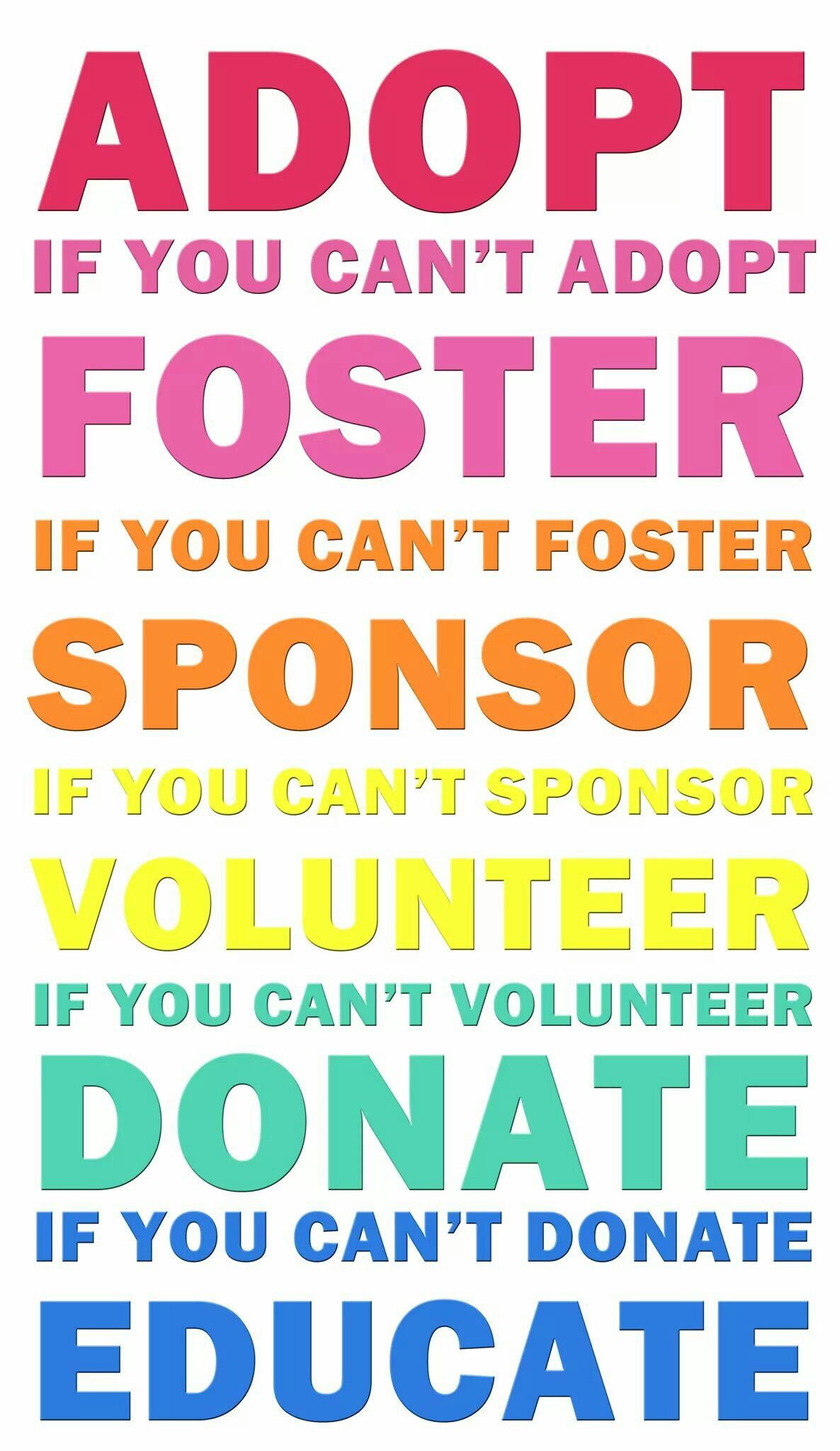Written by: Elizabeth Smith Miller, Director of Marketing and Events, National Safe Place Network
May is National Foster Care Month, and the purpose of the month is to “acknowledge foster parents, family members, volunteers, mentors, policy makers, child welfare professionals, and other members of the community who help children and youth in foster care find permanent homes and connections.” It’s also a time to “renew commitments to ensure bright futures for more than 440,000 children and youth in foster care.”
As a foster parent, I appreciate there is an entire month dedicated to acknowledging those who play a role in keeping youth placed in the foster care system safe. Who doesn’t want to be recognized? That said… As a foster parent, who I believe has the same perspective as many other foster parents, we’re a little less interested in the recognition than we are in increased awareness. People don’t become foster parents to get a pat on the back. People become foster parents to make a difference. If there could be more people becoming foster parents, THAT would make current foster parents happy. Through increased awareness comes increased recruitment, followed by increased available homes and community supports. There’s a shortage of foster families throughout the country. Homes are at capacity and resources to support these young people fall short. If the country spent a month raising awareness about the foster care system and its needs, I believe foster parents would be better off. For example, we should:
- Raise awareness about the number of youth in the foster care system compared to the available homes to keep them safe. People in communities do not know how many kids are sleeping in the licensing offices because there are no available homes. They need to know, and they need to act. They won’t act unless they are aware.
- Raise awareness about the reason people foster. People foster to make a difference. People are out there – just like you and me – who want to contribute to this world being better for children and youth.! The reason at the heart of this is the kids and their safety. (Side note: I’m fairly positive almost everyone has heard “they foster for the money.” I can’t laugh at that statement enough. Kids have needs… they eat right? They drink, wear clothes, play with toys/games, use water and electricity, and the appointments… yes, the appointments are CA-ray-ZEE. Some foster families spend more in gas taking kids to and from medical visits, therapy, visitation, and school activities than they receive a month. The monthly amount is a reimbursement, not a paycheck. Saying families start fostering for the money is like saying you became a social worker for the money… Why do you do what you do? Share that. Connect with others who want to do it and let them know how they can help.
- Raise awareness about the purpose of foster families. This should be done for the community, for bio families, and for youth entering into care. Protect foster families. Often times, bio families and children will create false allegations of foster families as they believe if they can get the child removed from the foster home, they will be able to return home. This is a very scary place for a foster family to be. Allegations of abuse and neglect should be taken very seriously. Sadly, fear drives a great deal of actions, but with awareness of the purpose and education on how to work with each other, successful reunifications may occur.
- Raise awareness about the needs of foster families. The communities need to step up. These kids are our kids. They are good kids who have experienced trauma. Foster families work hard to educate themselves about how to work with their foster kids in a trauma-informed and connected way. They work hard to make sure the kids are safe and feel loved. They don’t expect the kids to be “grateful” that they are in their home. (Because quite frankly, they don’t have to be. They have been through enough.) Foster families are doing the hard part – they are on the ground running to provide the supports needed. Communities need to step up and help them. Provide access to resources – things to do like outings, restaurants can do more “kids eat free” nights, amusement parks and local tourist attractions can provide free tickets to foster families, etc. Donations of furniture, clothing, toys/games, lice kits, hygiene items, etc. are helpful. I’ve had kids come with a garbage bag half-full of miss-matched clothes and shoes that did not fit. I didn’t look down on what they came with (as these are their belongings and maybe the only thing they could grab in the 10 seconds they had before being whisked away from their home), but they had an immediate need of clothing, shoes, etc. – basic necessities. Some communities offer a clothing closet. My foster community has one; however, people only seem to want to donate to babies here – not much available for teen boys. Think outside of the box. Teens don’t want your torn, stained 20 year old active wear. Think about what your biological kids would want and donate those things. Go to the store once a month and buy an outfit or something fun and donate it to your local foster agency. Raise awareness about the needs of foster families so communities can step up and help foster families who are doing the work do it a little easier.
When I considered writing a blog post about National Foster Care Month, I thought I’d share my experience as a foster parent to better help organizations support their foster families. I thought I’d provide some advice on how to better understand the trauma of bio families and how to share empathy instead of passing judgement. I wanted to help provide insight to foster families to better connect with and work with bio families to increase pathways to reunification. When I started to write, I couldn’t get past what we need the most. We need more people actively involved in supporting youth and families involved with the foster care system. All youth and families – fosters, bio families, foster families, case managers, etc. There’s a saying: “Adopt. If you can’t adopt, foster. If you can’t foster, sponsor. If you can’t sponsor, volunteer. If you can’t volunteer, donate. If you can’t donate, educate.” There is literally something EVERYONE can do.
Raise awareness and take action. You’ve heard “it takes a village,” right? There’s truth behind that. What we need isn’t a month of recognition and pats on the back – what we need is you.
Disclaimer: The views and opinions expressed in articles published on NSPNsights are those of the author and do not necessarily reflect the official policy or position of National Safe Place Network.





